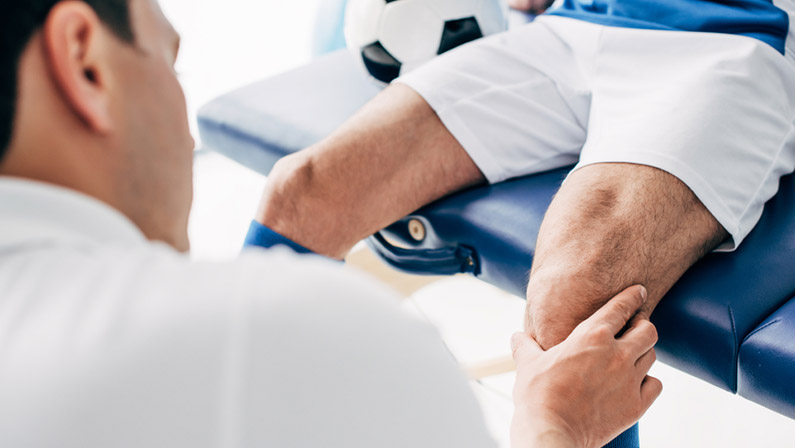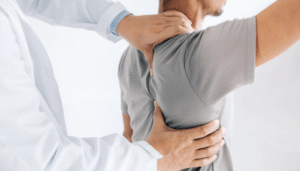In today’s fast-paced world, we often try to power through discomfort, hoping it will just fade away. But when it comes to physical pain, brushing it off can lead to bigger problems down the line. One type of pain you definitely shouldn’t overlook is hip pain. Whether you’re commuting to work, enjoying a round of golf, or chasing after your kids, hip pain can really throw a wrench in your daily life. If you’re experiencing persistent aches or find it hard to move around freely, hip arthroscopy surgery might be the answer to help you get back on your feet. But how do you know when it’s time to think about it? Let’s take a look at the signs and how the right treatment can truly make a difference.
What Is Hip Arthroscopy Surgery?
Before we get into the signs, let’s briefly discuss what hip arthroscopy surgery is all about. In simple terms, it’s a minimally invasive procedure designed to tackle various issues with the hip joint. Unlike traditional surgery that requires larger cuts, hip arthroscopy uses small incisions and a camera (called an arthroscope) to assist the surgeon. This approach means less pain, quicker recovery, and a lower chance of complications.
Persistent Pain That Doesn’t Go Away
The clearest sign that you might need hip arthroscopy is if you’re dealing with ongoing hip pain that just won’t budge, even after rest, physical therapy, or over-the-counter pain meds. Whether it’s sharp, dull, or just an annoying ache, if it sticks around for weeks or even months, it’s time to reach out to an orthopedic specialist. In Singapore, where we’re always on the move, chronic pain is something you should never ignore—it could be a sign of a deeper issue that might need surgical attention.
Difficulty Moving or Walking
If you’re feeling stiff or struggling to move around, it might be time to think about hip arthroscopy surgery. When your hip gets too tight or painful, simple tasks like walking, climbing stairs, or even getting in and out of a car can turn into a real challenge. You might also feel a sense of instability or a catching sensation in your hip joint. These could be signs that the cartilage, tendons, or other parts of your hip are damaged and might need surgical repair.
Pain While Sitting or Sleeping
Another warning sign is if the pain gets worse when you’re sitting or lying down. The pressure on your hip joint while resting can sometimes make existing issues feel even worse, making it tough to get a good night’s sleep or find a comfortable spot on the MRT. If you’re dealing with these problems and nothing seems to help, it might indicate that the underlying issue needs surgical attention.
Weakness or Muscle Atrophy
Long-term hip pain can also lead to muscle weakness or atrophy. If you’ve been avoiding putting weight on your hip because of the pain, you might start to notice that your leg feels weaker or less stable. This can impact your ability to do everyday activities like standing or walking properly, which is where hip arthroscopy could come in as a way to regain strength and mobility.
Hip Labral Tears or Cartilage Damage
In some cases, individuals might experience a tear in the hip labrum (the cartilage that helps keep the ball of the hip joint in place). This type of damage can lead to pain, instability, and limited movement. If you’ve had a previous injury or accident, or if you’ve been experiencing sudden, sharp pain in the hip, it could indicate that your labrum is torn or that cartilage is damaged. Hip arthroscopy is often used to repair these types of issues with minimal downtime.
When Should You Consult an Orthopedic Specialist?
If you’re experiencing any of the symptoms mentioned above, it’s important to seek professional advice as soon as possible. An orthopedic spine specialist can assess your situation and determine whether hip arthroscopy surgery is right for you. Early intervention can help prevent further damage, alleviate pain, and get you back to your active lifestyle.
Don’t let hip pain hold you back. If you’re dealing with persistent discomfort, difficulty moving, or any of the other signs mentioned, book a consultation with one of our at Orthopaedic Spine Specialist today. We’ll help you understand your options and guide you towards the treatment plan for your needs.













